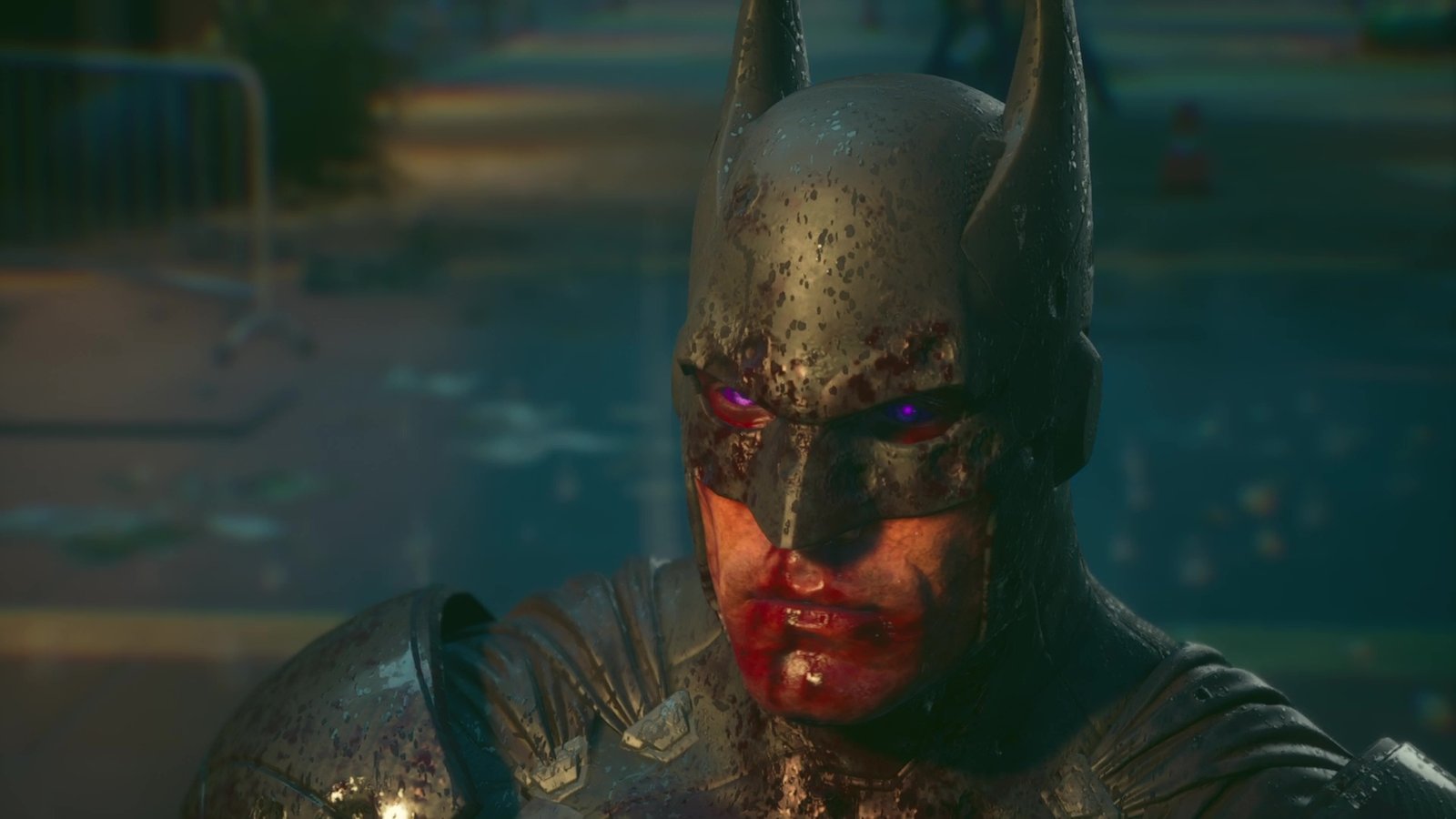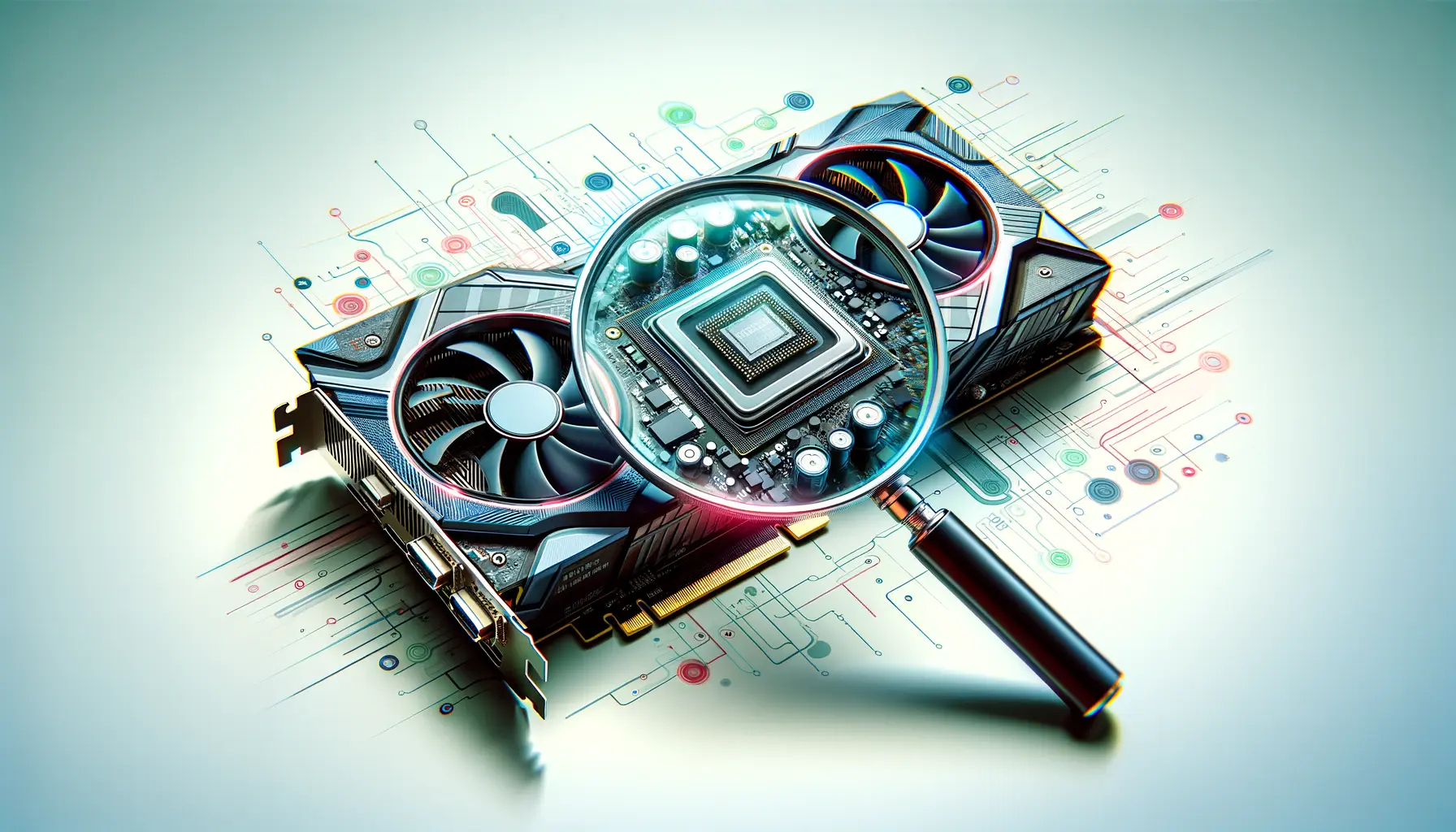The “Suicide Squad: Kill the Justice League” game, released in May 2023 by Rocksteady Studios, faced a wave of criticism for its ending that seemingly resurrected the Justice League members players had spent the entire game battling. This controversial narrative decision, delivered via a brief and underwhelming comic strip, has left many fans feeling cheated and questioning the point of the entire experience.
The premise of “Suicide Squad: Kill the Justice League” was simple: Brainiac has taken control of the Justice League, and it’s up to Task Force X – Harley Quinn, Deadshot, Captain Boomerang, and King Shark – to take them down. The game heavily marketed the shocking deaths of iconic heroes like Batman and Superman, leading players to believe that Rocksteady was taking a bold and irreversible step in the Arkhamverse. However, the ending reveals that the Justice League members killed were merely clones, effectively undoing the game’s central premise and leaving a sour taste in the mouths of many players.
This article will delve into why this narrative choice is not only cheap but also detrimental to the game’s overall story and the legacy of the Arkhamverse. We will explore the buildup to the controversial ending, analyze player reactions and criticisms, and discuss the implications of such a cop-out on the future of superhero storytelling in video games.
A Bait-and-Switch: The Promise of Consequence
From the very first trailers, “Suicide Squad: Kill the Justice League” promised a dark and gritty experience where players would be forced to confront and kill their beloved heroes. This bold direction generated significant hype and anticipation, as it suggested a willingness to explore the consequences of such actions and potentially reshape the Arkhamverse forever.
The game’s marketing campaign leaned heavily on the shock value of seeing iconic heroes like Superman succumb to Brainiac’s control and become formidable adversaries. This created a sense of tension and anticipation, as players grappled with the moral implications of fighting against characters they had grown to admire.
However, the ending’s revelation that these heroes were mere clones effectively invalidates the emotional weight of these encounters. It’s a classic bait-and-switch tactic that leaves players feeling cheated and undermines the game’s attempts at mature storytelling.
The Clone Trope: A Tired and Uninspired Solution
The “they were clones all along” trope is a tired and often criticized narrative device used to resurrect characters without truly addressing the consequences of their deaths. It’s a convenient way to have your cake and eat it too, allowing writers to create the illusion of risk and consequence without actually committing to the ramifications of their choices.
In the case of “Suicide Squad: Kill the Justice League,” this trope feels particularly egregious because it undermines the central premise of the game. The entire narrative revolves around the idea that players are killing the Justice League, and to reveal that they were merely clones feels like a cheap way to avoid the consequences of that action.
Furthermore, the use of clones diminishes the impact of the heroes’ supposed deaths. It reduces their sacrifice to a mere plot device, robbing them of their agency and turning them into expendable copies. This not only disrespects the characters but also insults the intelligence of the players who invested time and emotion in the game’s narrative.
A Disservice to the Arkhamverse
The Arkhamverse, established by Rocksteady’s previous Batman games, is known for its mature and grounded approach to superhero storytelling. The games explored complex themes like morality, justice, and the psychological toll of being a hero.
“Suicide Squad: Kill the Justice League” had the potential to build on this legacy by exploring the consequences of killing iconic heroes and the impact it would have on the world. However, the ending’s reliance on the clone trope undermines this potential and cheapens the overall narrative.
By resurrecting the Justice League in such a contrived manner, the game effectively erases any sense of consequence or lasting impact. It suggests that the events of the game were ultimately meaningless, as the status quo is quickly restored with little to no explanation. This not only disrespects the established lore of the Arkhamverse but also betrays the trust of fans who expected a more meaningful and impactful story.
Player Reactions and Criticisms
The ending of “Suicide Squad: Kill the Justice League” was met with widespread criticism from both fans and critics. Many expressed their disappointment with the use of the clone trope, feeling that it undermined the game’s central premise and cheapened the deaths of iconic characters.
On social media platforms like Reddit and Twitter, players voiced their frustration with the ending, calling it a “cop-out” and a “betrayal” of the game’s marketing campaign. Many felt that the game had misled them into believing that they were making meaningful choices with lasting consequences, only to have those choices rendered meaningless by a contrived plot twist.
Critics also echoed these sentiments, with many reviews highlighting the ending as a major flaw in an otherwise ambitious game. Some reviewers even went so far as to call it one of the worst endings in recent video game history, criticizing its lack of creativity and its detrimental impact on the game’s overall narrative.
The Future of Superhero Storytelling in Video Games
The controversy surrounding the ending of “Suicide Squad: Kill the Justice League” raises important questions about the future of superhero storytelling in video games. It highlights the challenges of balancing creative risk-taking with the expectations of fans and the desire to preserve the integrity of established franchises.
While it’s understandable that developers may be hesitant to permanently kill off beloved characters, resorting to cheap narrative tricks like the clone trope ultimately does more harm than good. It undermines the emotional impact of the story, erodes player trust, and limits the potential for meaningful exploration of complex themes.
Moving forward, it’s crucial for developers to prioritize authentic and impactful storytelling, even if it means taking risks and making difficult choices. Superhero games have the potential to explore mature and thought-provoking themes, but this can only be achieved if developers are willing to commit to the consequences of their narratives and avoid relying on tired tropes and contrived plot devices.



















